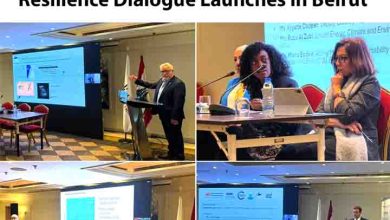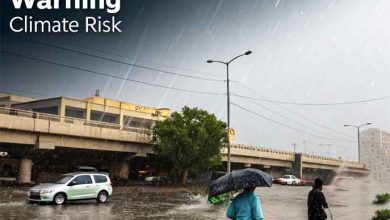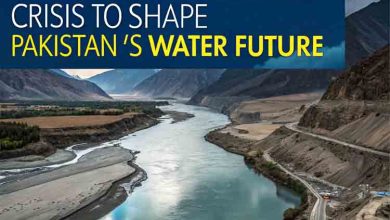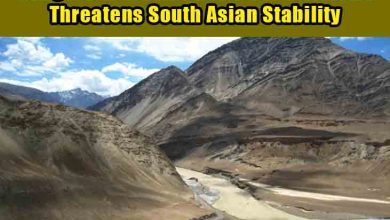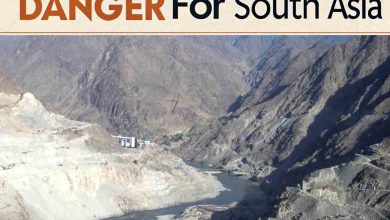University of Central Punjab and Water Care Services Pakistan Sign Landmark MoU for Climate and Water Research
The University of Central Punjab (UCP) has taken a significant step towards addressing climate change and wastewater treatment by signing a Memorandum of Understanding (MoU) with Water Care Services Pakistan (WCSP) on July 31, 2024. This partnership, spearheaded by the Climate Change Research Council (CCRC) under the leadership of Dr. Hadia Awan, Dean of the Faculty of Law, aims to foster research and innovation in climate and water sciences.
The MoU was signed by UCP’s Pro-Rector, Dr. Hammad Naveed, and WCSP’s Director Technical, Mr. Abdul A. Khurram. The event was attended by Dr. Hafiza Rizwana Kausar, Dean of the Faculty of Science and Technology, members of the Climate Change Research Council, and staff from the Learning Innovation Centre. Prof. Dr. Muhammad Akhyar Farrukh from the Faculty of Science and Technology will serve as the focal person and principal investigator for the joint project initiated under this MoU.
The primary objective of this partnership is to develop and implement “Novel Nanotechnology Approaches to Indigenous Wastewater Treatment for a Cleaner and Climate-Resilient Future.” The project aims to utilize advanced nanotechnology to treat wastewater, addressing environmental and public health challenges while contributing to a more sustainable and climate-resilient future. This initiative is the first of its kind in Pakistan, focusing on wastewater treatment through nanotechnology.
Additionally, the MoU includes provisions for consultancy services to tackle industrial and environmental challenges, benefiting both organizations and the broader community. The agreement highlights practical student engagement, offering UCP students opportunities to participate in small-scale industrial projects. This hands-on approach will enhance students’ innovation and real-world problem-solving skills.
This partnership aligns with several United Nations Sustainable Development Goals (SDGs), including SDG 6 (Clean Water and Sanitation), SDG 9 (Industry, Innovation, and Infrastructure), and SDG 13 (Climate Action). The collaboration marks a significant step forward in addressing Pakistan’s environmental challenges through joint research and innovation.



